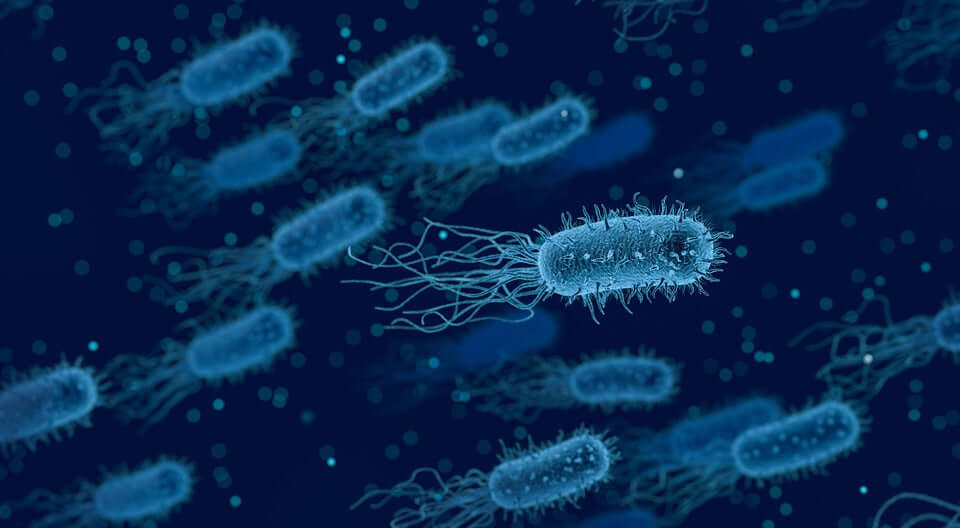
Bird Health: Prevention Over Cure - Understanding Common Maladies
Share
After living through a global pandemic, I’m sure that you, like me, are more aware of germs and preventative measures we can use to limit the likelihood of disease. You might not know however, that our bird feeding routines can directly impact the health of our garden birds. Put simply, our feeding stations can, if not properly looked after, become a breeding ground for deadly parasites. This can cause havoc amongst bird communities…

It is important to note that prevention is key. If a bird becomes infected with a certain disease, more times than not, they will unfortunately not make it. Therefore, it is even more important that we keep our feeding stations in tip-top condition!
There are many diseases which spread throughout the bird world. For example, Salmonellosis, Trichomoniasis and Avian pox. All of which can be fatal.
A bird infected with Salmonellosis might display ruffled feathers, diarrhoea, and lethargy. The disease itself is transmitted through a bird’s droppings and saliva. Even if a bird was to receive treatment from a veterinarian, they can still remain carriers.

Trichomoniasis is a particularly frightening disease which affects a variety of garden bird species. Most notably, the greenfinch has fallen victim to this malady. The disease itself can present the following in birds: lethargy, fluffed-up plumage, difficulty in breathing and swallowing, drooling saliva and neck swelling. This disease is spread via contaminated food and water stations.

Avian Pox is a slow developing disease which causes warty growths to develop. These tumour-like growths can appear in many different places including the eyes, beak, and legs of a bird. This disease can unfortunately impede survival amongst birds. If a bird has growths which affect their vision for example, they may struggle to find food and water, or they might be at higher risk of predation.

To start preventing disease within your garden, I have compiled some ideas just for you…
- Ensure you clean any feeding and water areas thoroughly on a frequent basis, with a good disinfectant.
- Protect yourself whilst cleaning! Wear gloves and clean feeders etc outside of your home.
- Clear up husks – when left, husks can rot, and this can become a breeding ground for bacteria.
- Make sure to throw away uneaten food.
- Change the position/location of your feeding areas. This can help prevent the build up of droppings.

Haith’s can help you out with this. We sell numerous hygiene products which are safe and effective to prevent disease within your garden bird community. Our Safe4 Disinfectant Range can be used on all bird feeders, bird tables and nest boxes. The collection is kind to birds and nature too. A good bird feeder cleaning brush and bird table scraper would be useful for removing debris and bird droppings on platforms in your garden, thus helping to prevent the spread of disease. CitroSan is a great product to keep the water in your bird baths nice and clean.
 Hopefully this has given you an insight into the importance of hygiene for your garden birds. We all want to see healthy and happy birds in our gardens and by taking a few extra steps, we can make a difference.
Hopefully this has given you an insight into the importance of hygiene for your garden birds. We all want to see healthy and happy birds in our gardens and by taking a few extra steps, we can make a difference.
Written by Julianne Jessett

